Earth's Systems
-
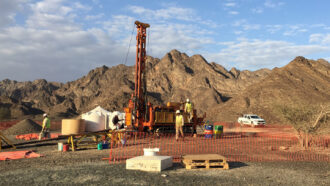 Earth
EarthA bold plan to save the planet turns carbon dioxide into stone
Scientists hope that capturing carbon dioxide this way will limit both further warming of our planet and an escalation of extreme weather events.
By Douglas Fox -
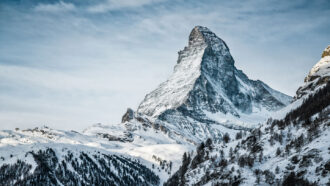 Earth
EarthThe Alps’ Matterhorn shows how much even big mountains sway
Such mountain sway data can help planners map high-risk zones for peaks, bridges or any large structures.
By Peg Lopata -
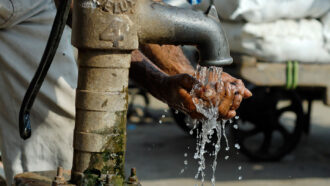 Earth
EarthLet’s learn about Earth’s secret stash of underground water
Groundwater provides drinking water to billions of people and is used to water crops worldwide.
-
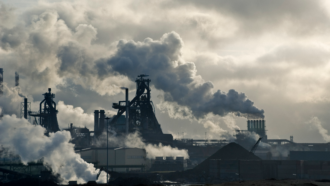 Chemistry
ChemistryNew process can transform urban CO2 pollution into a resource
Researchers have developed a liquid metal that breaks down carbon dioxide in the air, converting it from a climate threat into a valuable raw material.
-
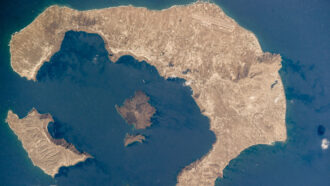 Earth
EarthEl volcán de Santorini erupciona más cuando baja el nivel del mar
Los datos que demuestran esta relación entre las erupciones de este volcán griego y el nivel del mar se remontan al menos a 360,000 años.
-
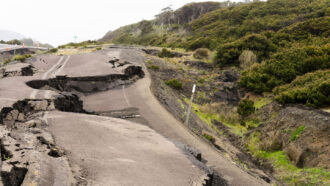 Earth
EarthScientists Say: Richter Scale
The Richter scale and other magnitude measures reveal the strength of an earthquake.
-
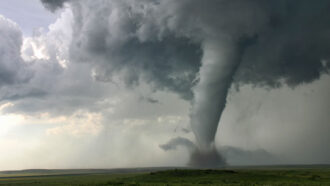 Earth
EarthLet’s learn about tornadoes
Tornadoes are often spawned by thunderstorms — but can also emerge from hurricanes and wildfires.
-
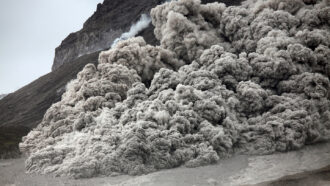 Earth
EarthVolcanic avalanches may be more destructive than previously thought
Pressures within these pyroclastic flows may be as much as three times as high as observations had suggested.
By Nikk Ogasa -
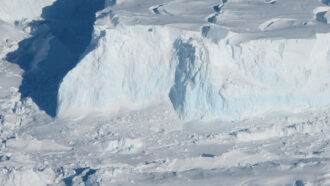 Earth
EarthThe ‘Doomsday’ glacier may soon trigger a dramatic sea-level rise
The ice shelf that had kept it in place could fail within five years. That would speed the glacier’s slip into the ocean, boosting a rise in sea levels.
-
 Earth
EarthClimate change is upping the height of Earth’s lower atmosphere
The upper edge of the troposphere, the slice of sky closest to the ground, rose 50 to 60 meters (165 to 200 feet) a decade from 1980 to 2020.
By Freda Kreier -
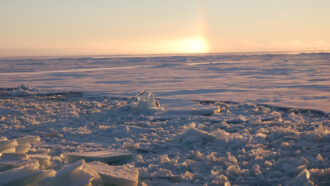 Climate
ClimateCan scientists develop an icy sanctuary for Arctic life?
The final refuge for summer sea ice may also protect the creatures that depend on it. Saving it is an ambitious goal with many hurdles.
By Freda Kreier -
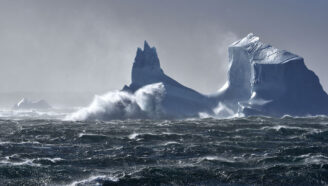 Life
LifeFrom icebergs to smoke, forecasting where dangers will drift
Smoke drifts. Fish eggs float downstream. Where such drifting things end up may seem a mystery. But research can predict where they’ll end up.